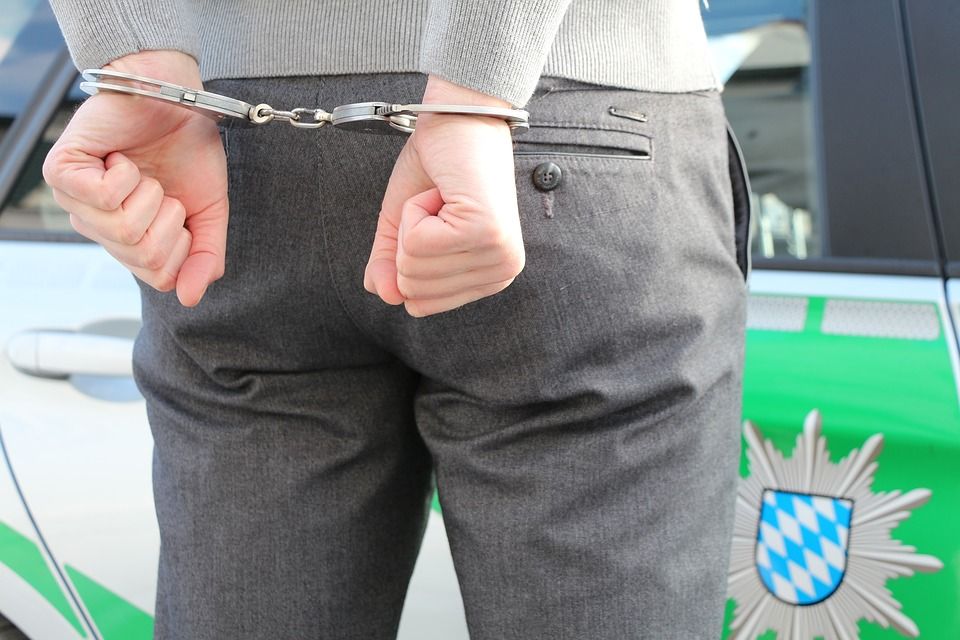When a person is arrested, the police officer-in-charge takes him or her into custody. Several instances can lead to an arrest. For example, if a police officer is questioning you and can’t leave freely, you are under arrest.
A police officer can also arrest you if you are a suspect in an ongoing investigation, caught in the act committing a crime, if the police officer has probable cause or if there an arrest warrant.
There are two rights that you must know about when you get arrested. The First one is that you have the right to an attorney and to remain silent. However, these rights will only protect you if you use them. It is advisable not to answer any questions unless a lawyer who is experienced in fast bail bonds processing is present.
That said, here are the dos and don’ts after being arrested.
Avoid Using Force
During an arrest, whether legal or illegal, avoid using force. No right allows anyone to resist arrest. When you use force during arrest, the police officer on duty will charge you with resisting arrest or, even worse, battering an officer of the law.
Additionally, using force can cause injuries. Even worse, the police officer can shoot you. It is, therefore, advisable to take your fight to court instead of the streets.
What Happens After An Arrest?
Once you are arrested, the police officer in charge will search and seize any evidence or contraband they come across. They will then take your picture and fingerprints, as they record the arrest. You can easily access arrest records online and in the newspapers.
The police officer will then inform you of your Miranda rights. If you cannot afford to hire an attorney, they will appoint one for you. Some officers will ask you to sign a Miranda waiver. It is advisable not to sign the waiver.
Invoke Your Rights
You should invoke your rights after being arrested. You can say that you are not going to talk unless your attorney is present. Do not talk to your friends, relatives, or even other inmates about your case. Always assume that every conversation you are having is being recorded.
It will prevent you from revealing information that might incriminate you. You only need to tell the police basic information such as your name, date of birth, and residence address.
Seek Help
In most cases, law enforcers allow you to call an attorney, your family, or a bail bond agent. However, you will not use your phone.
Which is why it is important to memorize a number that you can call if you get arrested.
Obtain Legal Assistance
Being arrested can be very stressful and unpleasant. It is why most people cooperate and explain what happened, hoping the police will allow them to go.
It is advisable never to try talking your way out of jail. Instead, request the help of you’re an experienced attorney. Working with a good lawyer improves your chances of winning a case.

